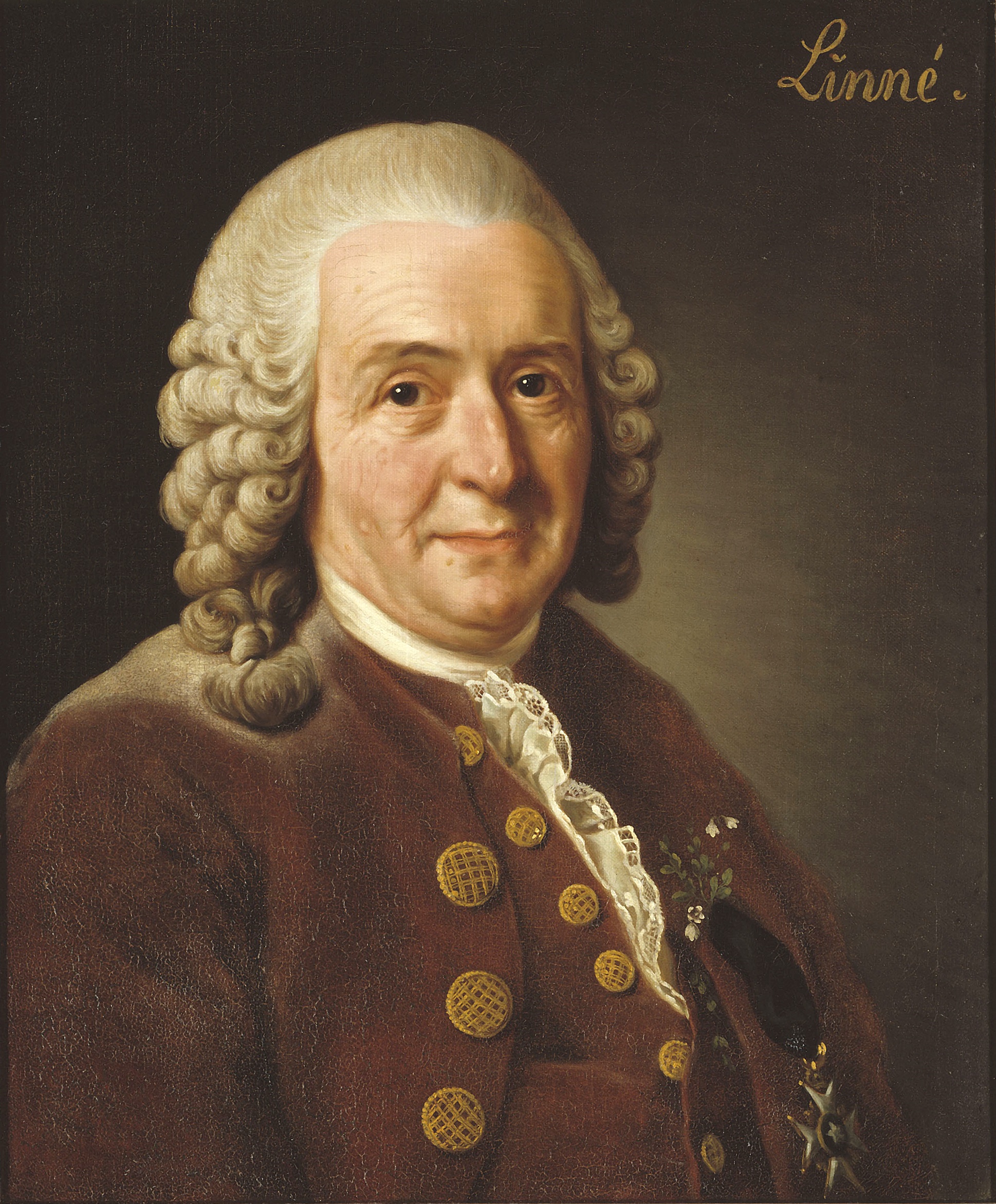As quoted in A life of Linnaeus https://archive.org/stream/lifeoflinnaeus00brigiala#page/122/mode/2up/search/blessed (1858), by J. Van Voorst & Cecilia Lucy Brightwell, London. p. 123.: I render thanks to the Almighty, who has ordered my lot so that I live at this day; and live, too, happier than the King of Persia. I think myself thus blessed because in this academic garden I am principal. This is my Rhodus, or, rather, my Elysium; here I enjoy the spoils of the East and the West, and, if I mistake not, that which far excels in beauty the garments of the Babylonians and the porcelain of China. Here I behold myself the might and wisdom of the Great Creator, in the works by which He reveals Himself, and show them unto others."
Context: I thank Providence who has guided my destinies, that I now live; nay, that I live happier than a king of Persia. You know, fathers and fellow-citizens, that I am wholly occupied with this academical garden; that it is my Rhodus, or rather my Elysium. There I possess all the spoils of the east and the west which I wished for; and which, in my belief, are far more precious than the silken garments of the Babylonians, and the porcelain vases of the Chinese. There I receive and convey instruction. There I admire the wisdom of the Creator, which manifests itself in so many various modes, and demonstrate it to others.
